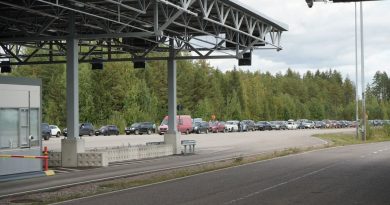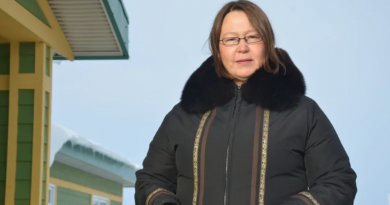City in northwestern Canada grapples with impacts of record warm weather
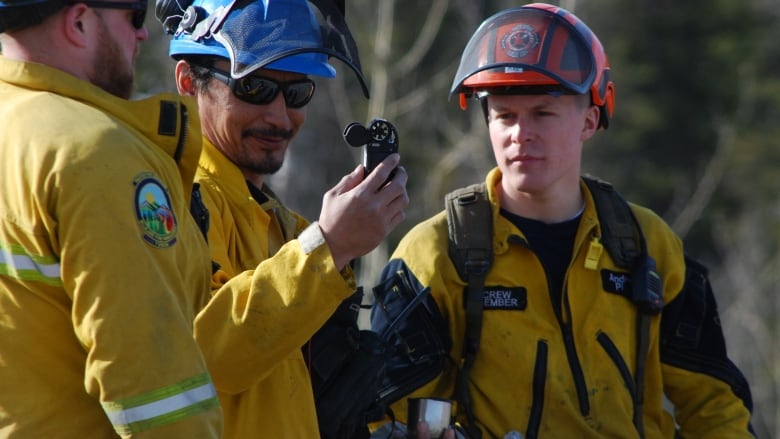
Controlled burns to prevent forest fires have begun three weeks earlier than usual in Whitehorse, Yukon.
“We’ve been starting to worry a little bit faster this year,” said Chris Green, deputy chief for the Whitehorse Fire Department. “Things are a lot drier and the moisture content is evaporating a lot faster so it is a bit of a concern.”
Crews from the city and Yukon Wildland Fire Management are burning dried grasses and ground fuels that are vulnerable to fire.
Every year people see these controlled burns and call them in, thinking it’s an emergency, says Green.
“We want to make sure the public knows that this is something that we’re doing in a controlled way. It’s not something that is being let loose and running free,” he said.
Warm weather breaks 95 records in Yukon
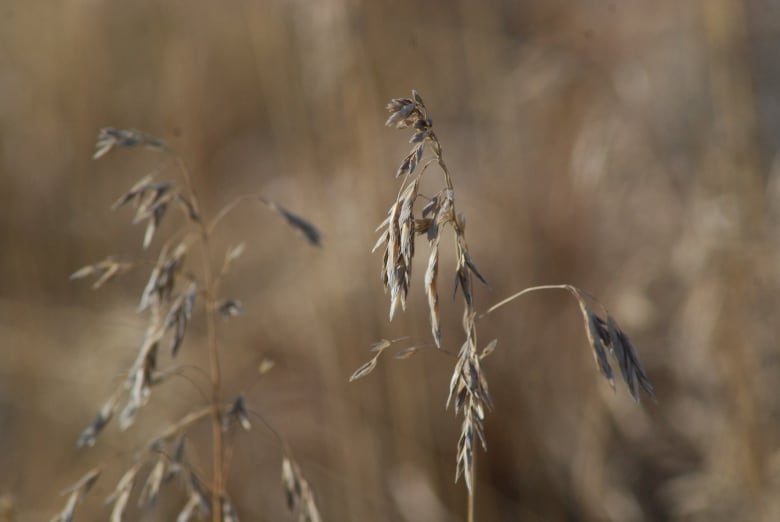
The ramp up of fire prevention efforts is the result of an unseasonably early spring.
Warm weather in communities across Yukon seared 95 new temperature records into the books for the month of March.
Whitehorse city councillor Steve Roddick was already feeling the heat, but Monday’s leak of a federal climate report that says Northern Canada is warming almost three times faster than the global average compelled him to act.
On Monday night, he asked council if Whitehorse should declare a climate change emergency.
“Given the severity and scale of this challenge, are we doing enough to make sure that the city can cope with the economic environmental and social impacts of climate change?” He said.
“Are we doing enough to encourage low carbon development and transportation in our city?”
Declaring a climate change emergency
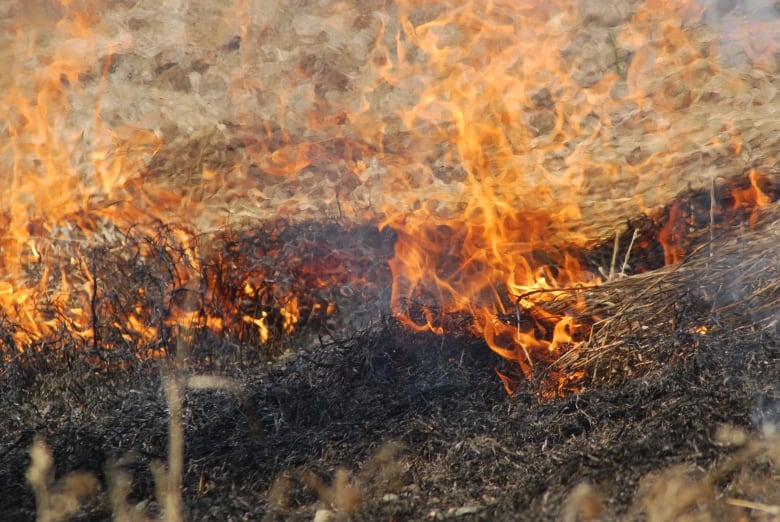
A growing list of Canadian cities — big and small — have recently declared climate change emergencies.
The motion is not a state of emergency, and doesn’t free up extra funds, but it would make the issue a high priority for the municipality, and could mandate action.
“If not now, then when?” said Roddick, in an interview with CBC on Tuesday. “If we don’t do something now, we’re in big trouble.”
He intends to make his formal notice of motion next week. If all goes according to plan, city council could vote on the declaration as early as April 22.
This year six sites have been chosen for the first controlled burns within the City of Whitehorse.
- A trail south of Booth Road
- Space near the Whitehorse Cadet Training Centre
- The side of Long Lake Road
- The side of Range Road
- The Old Takhini gravel pit
- The side of the South Access highway
Work is dependent on weather and will continue throughout the next week.
Related stories from around the North:
Canada: Historical high temperatures hit Northern Canada, CBC News
Finland: Finnish climate heating up: report, Yle News
Norway: Temperatures on Svalbard have been above normal for 100 straight months, The Independent Barents Observer
Russia: Warmest winter ever on the Northern Sea Route, The Independent Barents Observer
Sweden: Groundwater levels unusually low in Sweden despite melting snow, Radio Sweden
United States: 2018 was the 4th-warmest year on record, NOAA and NASA reveal, CBC News

